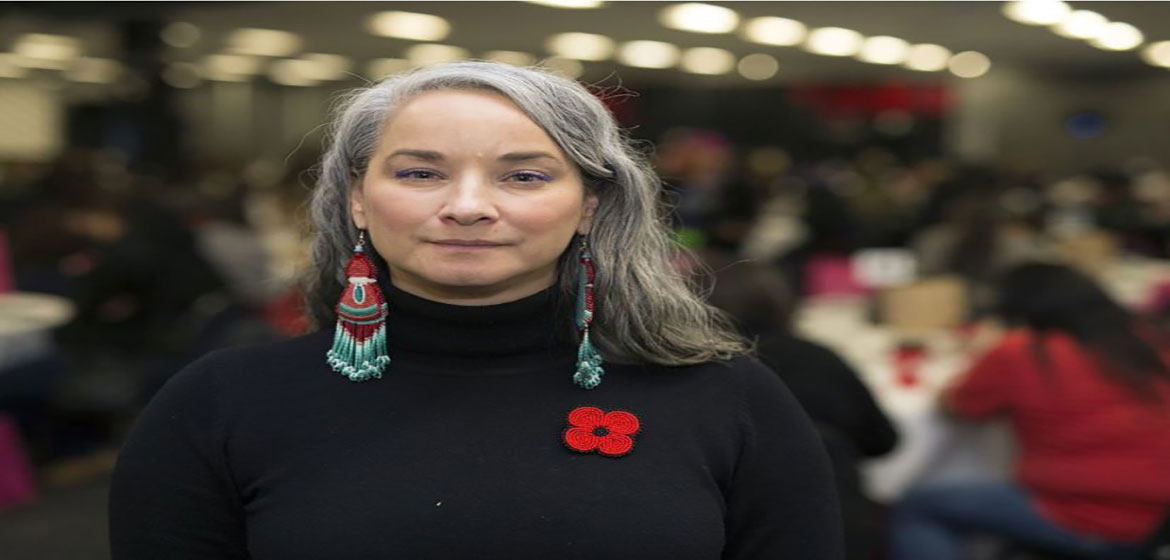By LYNN GIESBRECHT, REGINA LEADER-POST
To understand why so many Indigenous women and girls have gone missing or been murdered, Nahanni Fontaine looks back on Canada’s colonial past.
Throughout history all across the globe, Fontaine said colonial processes are marked by attacking the “space and body” of the Indigenous women, taking away their power and pushing them to feel inferior.
“That’s no different in Canada. It was a very strategical and methodical attack on Indigenous women and girls’ bodies in order to be able to colonize,” said Fontaine, who is the NDP MLA for St. Johns in Winnipeg. She has been working with families of missing and murdered Indigenous women and girls (MMIWG) for more than 20 years.
“When you have a colonial history that deems some people’s bodies less than and some not, inevitably the colonial violence that comes with colonization will be imparted on the bodies that are deemed less than,” she explained.
But instead of recognizing the role history has played in putting Indigenous women and girls at risk — which Fontaine said is nothing short of genocide — many people lay blame on the families or the victims themselves for what happened to them.
“You hear that line, that discourse constantly (of,) ‘Well they’re putting themselves at risk,’ ” she said.
Quoting Wally Oppal, the commissioner of British Columbia’s Missing Women Commission of Inquiry, Fontaine added that “it is not her that puts herself at risk. It is society that puts Indigenous women and girls at risk.”
This message that they are not to blame is what Fontaine wanted to leave MMIWG family members with after her keynote talk at the Mamawe! Mekowishwewin-Miyomachowin: Being Together Gives Us Solace conference in Regina on Saturday morning. The event ran from Nov. 8 to 10 and was put on by MMIWG families for families and was the first of its kind in Saskatchewan.
They also reflected on the National Inquiry into MMIWG and what next steps should look like in Saskatchewan.
While hearing numerous stories of MMIWG is heavy, Fontaine said it is important for families to be able to talk about their loved ones with others who understand their pain.
“There is no one across the country that understands MMIWG families better than MMIWG families, and in that space is where you find healing for families and the wisdom and the recommendations on how to stop this and how to support families,” she said.
With the report from the National Inquiry completed and its report outlining 231 calls for justice made public, Fontaine said the way forward is not complicated.
“If you’re committed to eliminating (MMIWG), if you’re committed to families, just do the recommendations. It’s very simple,” she said.
“We need to be courageous, we need to be honest, and we need to situate this crisis within its historical predication and to understand it as an act of genocide against Indigenous women and girls.”
Source:
Related to SDG 10: Reduced inequalities, SDG 5: Gender equality and SDG 16: Peace, justice and strong institution



